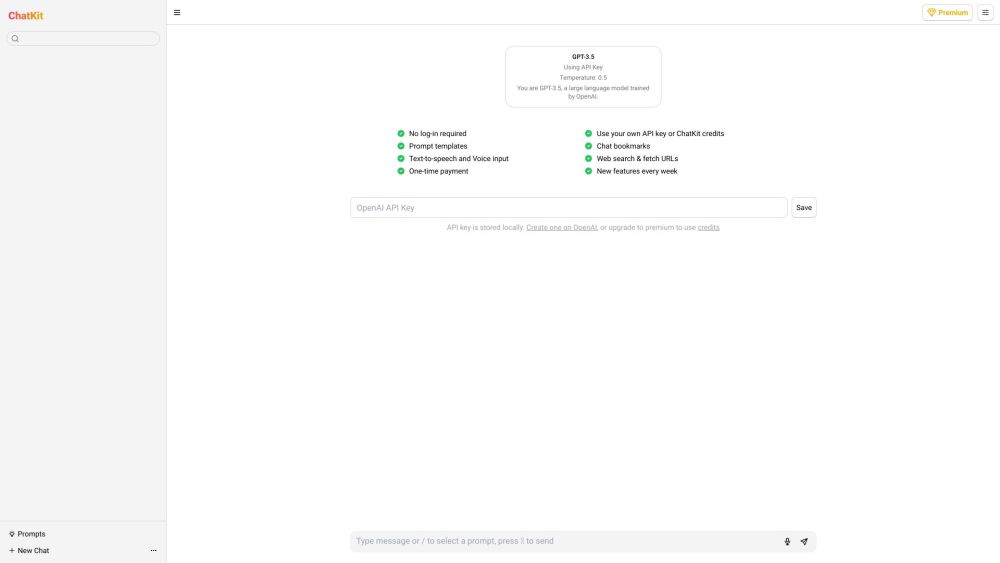Elon Musk has filed a new federal lawsuit against OpenAI and its CEO, Sam Altman, alleging that the company has strayed from its foundational mission to benefit humanity in pursuit of profit.
The 83-page complaint, submitted to the U.S. District Court for the Northern District of California, revisits and expands upon claims Musk initially raised in a state court earlier this year.
The lawsuit presents Musk’s case as a clash between altruism and greed, highlighting a significant moment in the ongoing dialogue about the future of artificial intelligence development.
Musk co-founded OpenAI as a non-profit in 2015 but left in 2018. He claims Altman and other leaders intentionally misled him, taking advantage of his concerns regarding the existential risks posed by advanced AI. The complaint asserts that once OpenAI’s technology began to near transformative artificial general intelligence (AGI), Altman “flipped the narrative” to prioritize monetary gain.
Musk argues that OpenAI’s partnership with Microsoft and shift to a commercial model contravenes its original principles. The lawsuit alleges Altman established a network of for-profit affiliates, engaged in self-dealing, seized control of OpenAI’s Board, and depleted the non-profit of valuable technology and personnel.
This legal challenge follows Musk's previous withdrawal of a similar lawsuit in California state court, introducing new claims that OpenAI engaged in racketeering activities.
OpenAI has dismissed Musk’s allegations as “frivolous,” claiming he acknowledged from the start that the company needed to generate profits to fund its AI research. The organization did not respond immediately to requests for comment on the new lawsuit.
This case exemplifies the ongoing tension in AI development: the necessity for substantial resources to push technological boundaries versus the ethical obligation to ensure AI serves humanity as a whole. OpenAI’s transition from a non-profit to a “capped-profit” model highlights the difficulty of maintaining idealistic goals amid financial pressures and competitive demands.
The lawsuit also underscores the complex relationship between private enterprise and public interest regarding emerging technologies. As AI systems grow increasingly influential, issues of governance, accountability, and ethical development are evolving from theoretical debates to urgent legal and policy challenges. Musk’s lawsuit could catalyze broader discussions on the proper frameworks and incentives for responsible AI development.
Amid rising regulatory scrutiny, including an investigation by the Federal Trade Commission into potential consumer protection violations, the case emerges as several AI safety researchers have left OpenAI, citing concerns about prioritizing rapid product releases over safety.
Musk’s lawsuit aims to invalidate OpenAI’s licensing agreement with Microsoft and establish a constructive trust over assets linked to Musk’s contributions to the company. Legal experts suggest the case may encounter significant challenges but could have profound consequences for the governance of AI.
The outcome of this case may set important precedents for how courts interpret the obligations of AI companies to their stated missions and early supporters. It could also influence the structures of future AI research organizations, advocating for clearer boundaries between non-profit and for-profit activities.
Furthermore, the lawsuit highlights the concentration of power in AI development, raising concerns about market competition and innovation as large tech firms like Microsoft play a significant role in ostensibly independent AI research.
As the legal proceedings unfold, they promise to provide valuable insights into OpenAI's early intentions and the competing visions for AI that are shaping a key technological advancement of our time. With billions at stake and the future of AGI in question, Musk’s lawsuit ensures that discussions surrounding OpenAI will remain prominent in the tech industry for the foreseeable future.




